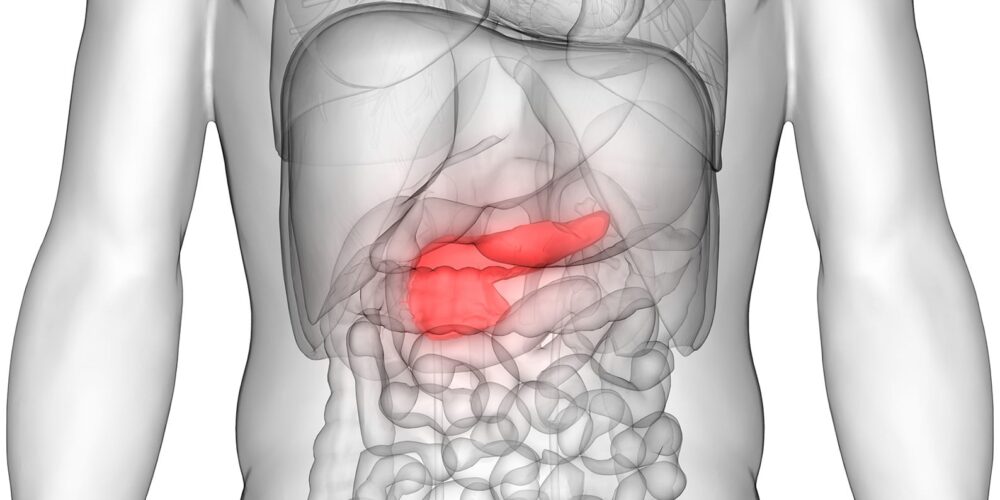Curtin study investigates potential new treatments for pancreatic cancer

Curtin University researchers have discovered a potential new treatment for an aggressive form of pancreatic cancer, which may have the potential to increase the survival of patients resistant to currently available cancer chemotherapeutic drugs.
The research, published in the Journal of Experimental and Clinical Cancer Research, found a specialised protein in human pancreatic ductal adenocarcinoma (PDAC) cancer cells that is critical for tumour progression. The researchers discovered that treatment with a modified version of an anti-inflammatory drug, called sulindac, could block cancer progression in mouse models with PDAC.
Lead author Professor Marco Falasca, from the Curtin Health Innovation Research Institute and the School of Pharmacy and Biomedical Sciences at Curtin University, said there are currently limited treatments available for people diagnosed with this aggressive type of pancreatic cancer.
“PDAC is a very aggressive disease and people diagnosed only have a five-year survival rate, making it the fourth most common cancer-related cause of death in the western world,” Professor Falasca said.
“By using mouse models with PDAC, we were able to show that blocking cancer progression pathways with modified sulindac significantly decreased the spread of PDAC and slowed tumour growth in the body.”
Professor Falasca explained that the new findings have potential implications for future human clinical trials, as the protein being studied in this research is also known to cause resistance to currently available cancer chemotherapeutic drugs.
“Overexpression of tumour promoting proteins found in cancers like PDAC is one of the main reasons why chemotherapeutic drugs are ineffective for the treatment of pancreatic cancer. Targeting this protein could be particularly beneficial in treating patients who have failed standard chemotherapy for PDAC,” Professor Falasca said.
“Further research is needed to determine whether a possible drug combination, which includes the modified version of sulindac, may also provide promising results in human clinical trials. If successful, then this new treatment has the potential to increase survival for patients with pancreatic cancer.”
The modified version of sulindac was designed to reduce common side effects associated with anti-inflammatory drugs. It was developed by a team of researchers led by Professor Gary Piazza from the Drug Discovery Research Center at the USA Health Mitchell Cancer Institute.
Professor Piazza, from the University of South Alabama, said the discovery of a new cancer target and drug development candidate that can potentially improve the survival rates of patients with PDAC is highly significant.
“The discovery that modified sulindac may be effective for the treatment of PDAC encourages further research to develop targeted drug treatments that will be uniquely suitable for this aggressive malignancy,” Dr Piazza said.
The research was co-authored by researchers from the Curtin Health Innovation Research Institute and the School of Pharmacy and Biomedical Sciences at Curtin University, Dr Gianluca Sala and Professor Vincenzo De Laurenzi from University “G D’Annunzio” of Chieti-Pescara, and researchers from Queen Mary University of London and the University of South Alabama in the US.
This project is made possible by an Avner Pancreatic Cancer Foundation Grant www.avnersfoundation.org.au
The paper, which was supported by Fondazione AIRC (Italian Foundation for Cancer Research), is titled, ‘Pharmacological inhibition of ABCC3 slows tumour progression in animal models of pancreatic cancer,’ can be found online here.



